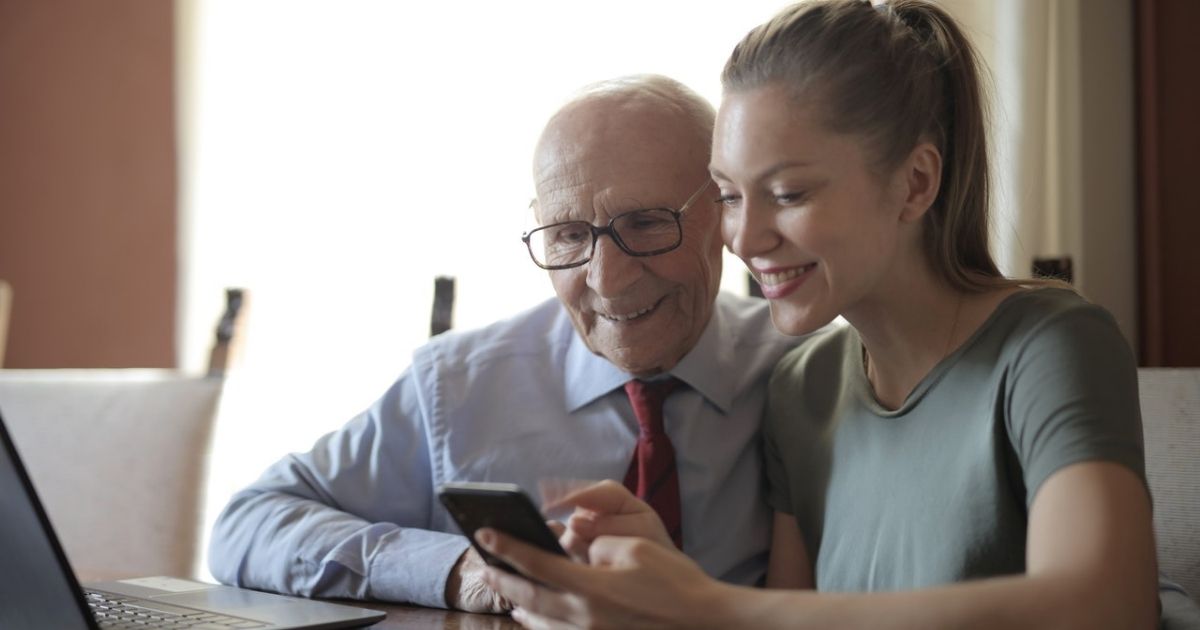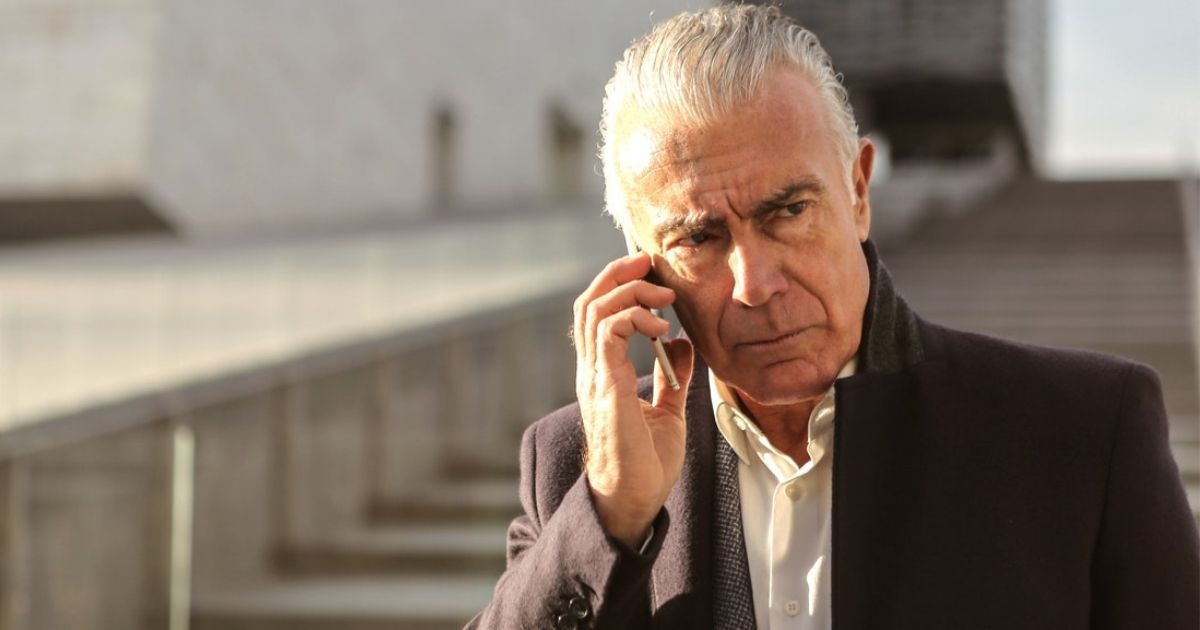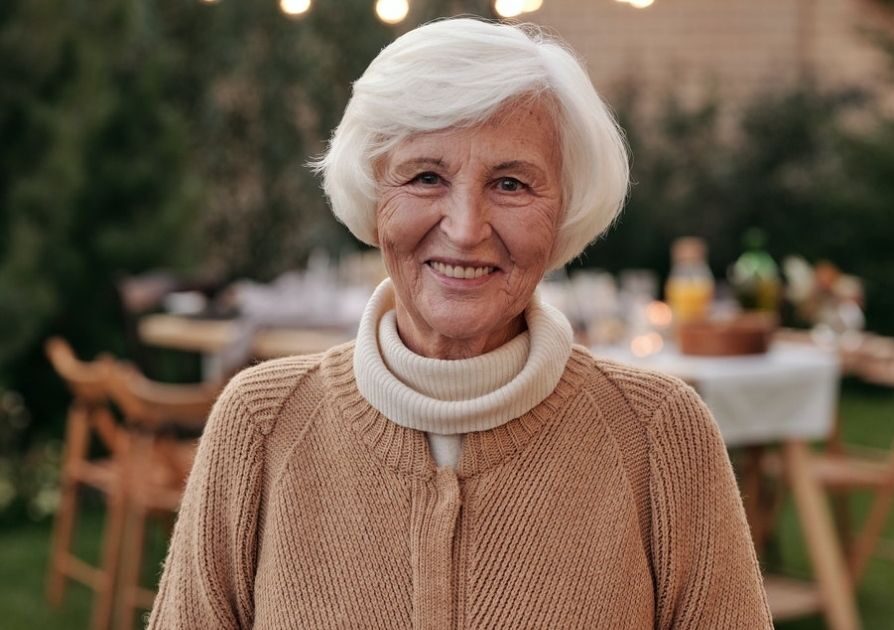According to the FBI, Over 92,000 victims over the age of 60 reported $1.7 billion in losses in 2021. In addition, it is predicted that the number of Americans aged 65 and older will nearly double from 52 million in 2018 to 95 million by 2060. As a result, their share of the total population will rise from 16 percent to 23 percent during that period.
Elder fraud is likely to become more prevalent as the elderly population grows, with seniors racking up more than $3 billion in losses each year.
It would be nice to think that these losses occur based on the actions of strangers. But unfortunately, it is more commonly at the hands of family members and caregivers, usually in the form of undue influence.
5 Ways to Protect Older Adults from Fraud

Parents feel emotionally responsible for their adult children’s financial well-being. It’s instinctual. Some children foster mom and dad’s nurturing instincts more than others. This subtle manipulation could lead to outright financial abuse for elderly parents.
Undue influence is both a psychological process and a legal concept. Both essentially mean when someone uses fear or their authority to obtain money (or something else) from their victims.
Victims of elder financial abuse and undue influence usually fall into one of three patterns:
- Freeloader’s Favorite: You’re the relative of someone who enriches themselves at your expense. They often use guilt and hard-luck stories to coax money from your pocket.
- Human ATM: Family members or others constantly dip into your wallet. For example, they “borrow” money to pay the rent or electric bill and then conveniently “forget” to repay you.
- Pushover Partner: Your spouse, partner, or a best friend runs up bills or asks you to cosign loans they don’t repay. They may also convince you to buy things they want and you don’t.

What to Do If You Think You’ve Been the Victim of Elder Abuse and Undue Influence
First and foremost, tell someone else — someone outside the immediate situation, such as a doctor, social worker, or another trusted advisor. If you’re unsure who to trust, you can also contact your local police department’s non-emergency line.
To find support services in your community, check out Eldercare Locator or call 800-677-1116. This is a division of the US Department of Health and Human Services.
Depending on the situation, you may be able to get some of your money back by rescinding transfers, stopping check payments, or other means.
Whether you think you’ve been a victim or not, the important thing to remember is that it’s your right to say no when anyone asks you for any form of financial support. Regardless of your family dynamics or living situation, you don’t deserve to be pressured by anyone, especially those closest to you.









